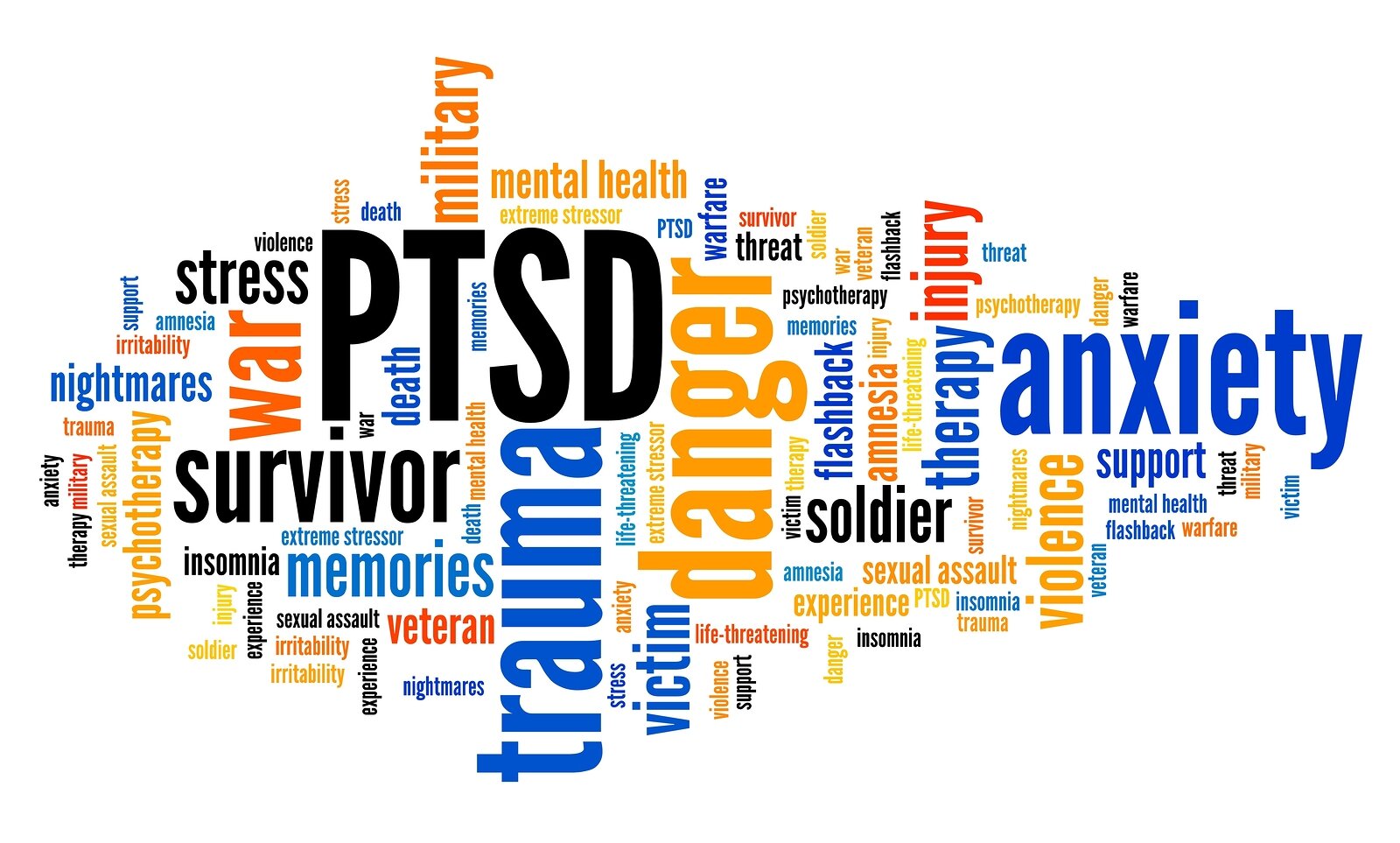What Is EMDR?
Eye Movement Desensitization and Reprocessing therapy, or EMDR, is a set of standardized protocols that incorporate elements from many different treatment approaches. It has been researched extensively and proven effective for the treatment of trauma.
Who benefits from EMDR?
EMDR is used to treat a variety of mental health issues including:
– Panic attacks
– Complicated grief
– Dissociative disorders
– Disturbing memories
– Phobias
– Pain disorders
– Performance anxiety
– Stress reduction
– Addictions
– Sexual and/or Physical abuse
– Body dysmorphic disorders
– Personality Disorders
If you are looking for an evidence based approach to mental health, EMDR may be an excellent option. We know from research that people with the type of problems listed above get better with EMDR. To put it plainly: EMDR is effective. Of course, finding a treatment approach that is effective is only one piece of the puzzle. But it’s important to know that new research is coming out all of the time showing new ways that EMDR helps people.
How Exactly Does EMDR Work?
It appears that EMDR has a direct effect on the way the brain processes information. This is very beneficial to someone who has experienced a trauma, as their brain cannot process information as it normally does.
To these people, a moment in time becomes “stuck” in their minds, and they experience the trauma, the sounds, smells and images over and over again. This, in turn, effects how they see the world around them and relate to other people.
After a successful EMDR session, the brain can once again process information normally, and the person no longer relives the trauma. While they still remember that the event happened, they are not physically, mentally or emotionally upset by it.
What is perhaps most interesting about EMDR is that it appears to be very similar to what occurs naturally during REM (rapid eye movement) sleep. EMDR is considered a physiologically based therapy that helps individuals deal with distressing events in a new and less disturbing way. However, in processing you will also discuss your thoughts about the stressful events and will gradually begin o think about what happened in a different way.
What are EMDR Sessions Like?
EMDR is an integrative psychotherapy approach that incorporates eight phases of treatment. How long it takes an individual to experience benefits of this therapy depends on their personal history.
Treatment typically targets three different areas: past memories, present disturbance, and future actions. The goal of this treatment is to process information and experiences differently. Each session aims to leave the patient with healthy emotions, understanding, and fresh perspectives that will ultimately lead to healthy and useful future behaviors and interactions.
A colleague in Colorado wrote a great blog on what to expect in EMDR therapy you might want to check out if you’re getting ready to start EMDR.
How Long Does it Take EMDR to Work?
It is often helpful to have one or two sessions with the individual to fully understand the nature of their problem to determine if EMDR therapy will be an appropriate treatment. During these sessions, the therapist will answer any questions the prospective patient may have about EMDR. Once the therapist and individual agree EMDR is the right way to go, actual therapy may begin.
Sessions typically last between 60 and 90 minutes. The number of EMDR sessions needed will vary depending on the type of problem, personal circumstances and the degree of the trauma.
Where can I get EMDR for Anxiety or PTSD in Columbia, MO?
As a Columbia, MO based mental health clinic, Aspire Counseling seeks to offer effective treatment options in a comfortable office environment. We are committed to helping you find healing and we offer EMDR as one of our evidence based treatment options. We are passionate about counseling and would love to help you or your family member.
If you or a loved one feels held back by a traumatic event in your past or think you may have PTSD and would like to explore EMDR treatment, please contact Aspire Counseling today. One of our expert therapists would be happy to speak with you about how counseling may be able to help you find peace. We have therapists trained and experienced in using EMDR as well as several other evidence based treatments. Whether your struggle is around anxiety, PTSD, depression or grief…counseling can help. You don’t have to live with symptoms of PTSD, anxiety or depression. Healing is possible. You can call us to set up a free consultation at 573-328-2288.


